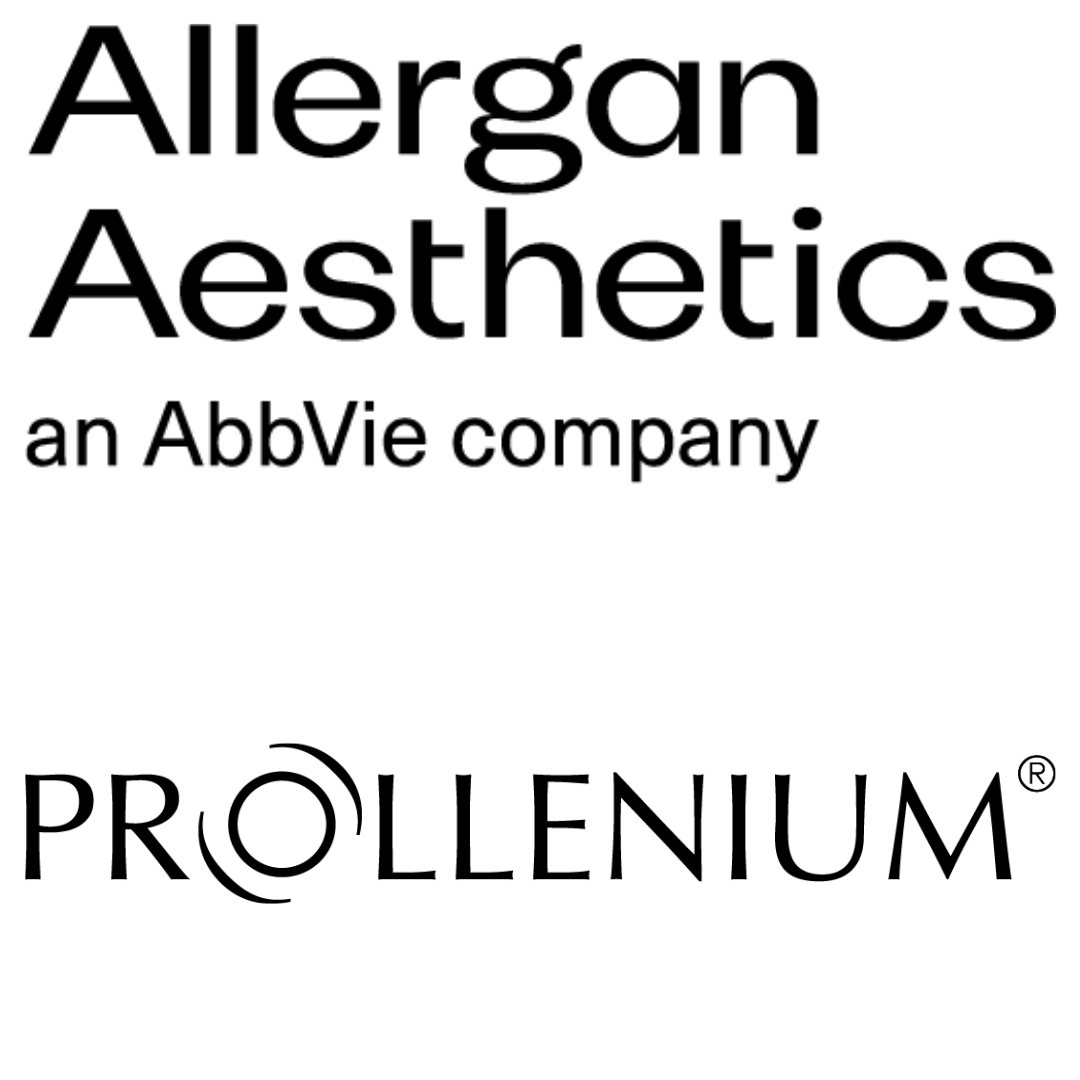SPF POP QUIZ: How Well Do You Know Sun Protection?
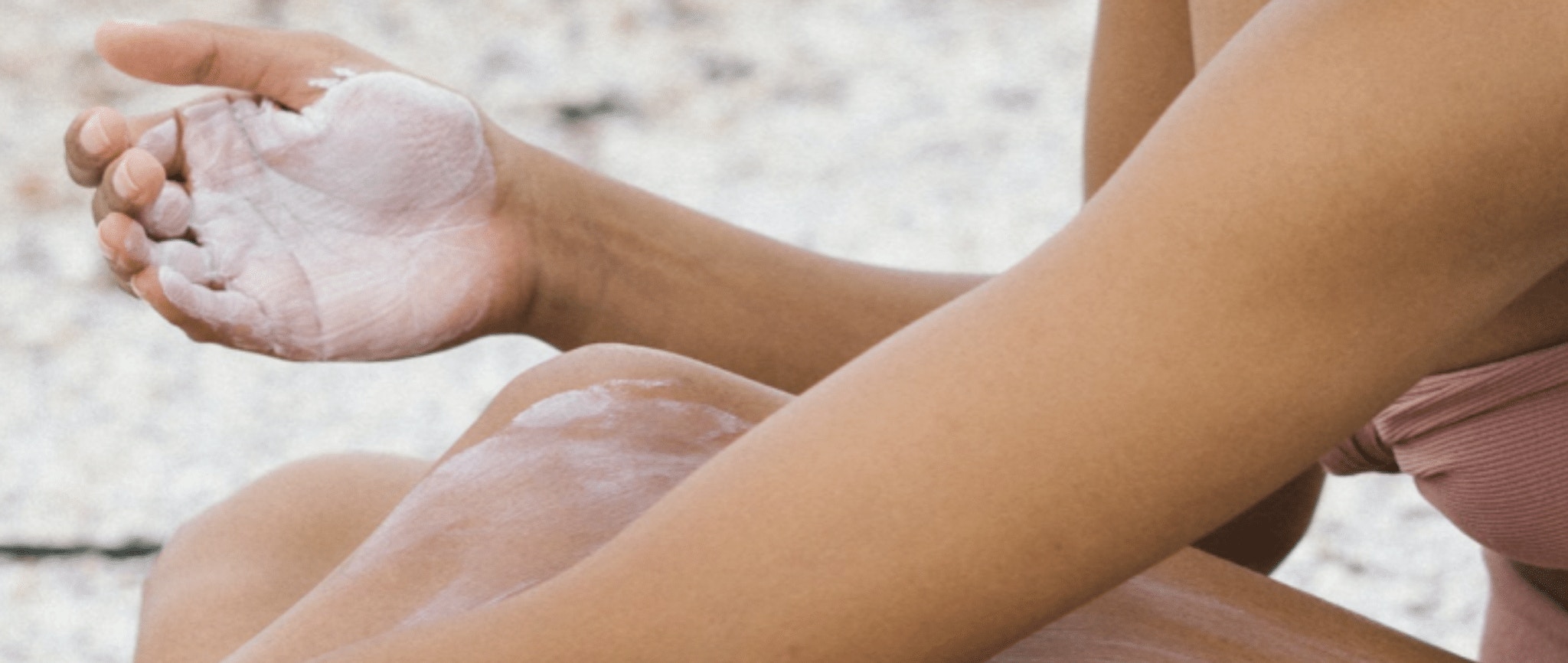
Our SPF Pop Quiz over on the Harley Academy Instagram and Facebook Stories, revealed some gaps in respondents’ sun protection knowledge!
Here we take a deeper dive into each of the three Pop Quiz questions in order to enhance your knowledge of SPF.
Firstly, here’s a bonus question for you… do you know what SPF stands for?
The answer is “sun protection factor” – although we’re sure our Cosmetic Dermatology training students already knew that!
Fitzpatrick skin types V and VI don’t need to use SPF50 – True or False?
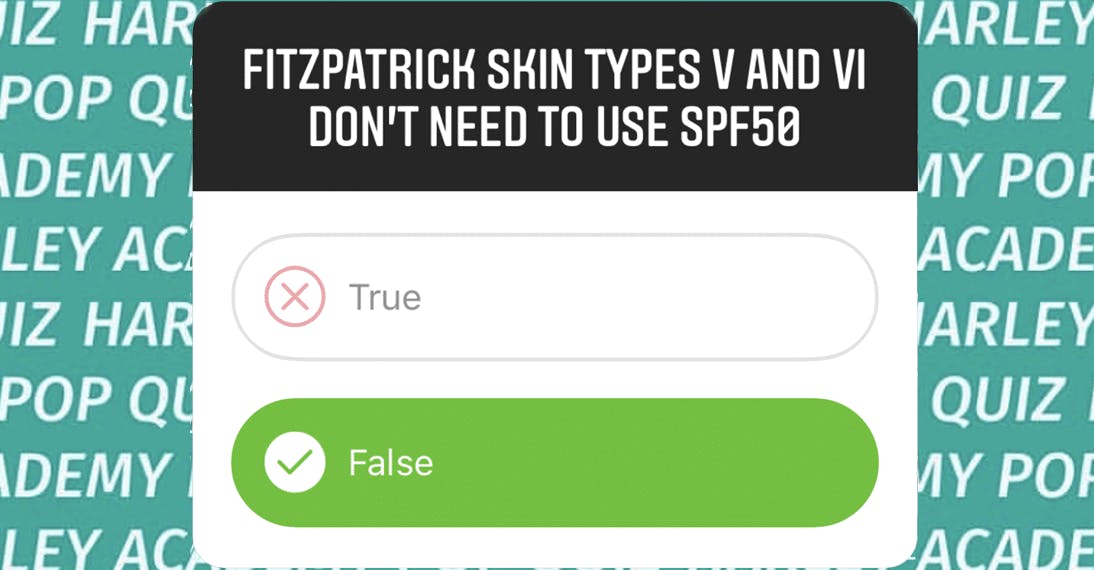
The answer is FALSE.
It’s a common misconception that darker skin tones don’t need to wear high factor sun protection – or even any SPF at all. This myth is especially prevalent in black communities.
Dija Ayodele, a respected aesthetics and skin specialist, industry thought leader and founder of the Black Skin Directory, recently explained why in an article for Glamour magazine.
“For the most part, gone are the thick and gloopy sunscreens of old that would not only be heavy and cloying on the skin, but also leave Black skin with a ghostly ashy cast. This used to make educating women of colour on the importance of sunscreen a hard task – because no one wants to look like a second rate ghost version of themselves,” she noted.
“This further perpetuated the damaging misconception that Black and brown skin doesn’t need sunscreen, seeing that it was only suitable for Caucasian skin tones. This couldn’t be further from the truth. The sun does also affect black skin negatively. It didn’t help either that marketing tended to exclude people of colour. It’s very pleasing to see how the landscape has and is changing and last year the Black Skin Directory pioneered the first sunscreen advert targeted at women of colour.”
SPF50 with a star rating of at least 4 offers the best level of protection for all skin types and tones. From a cancer and pigmentation prevention and anti-ageing point of view, this is what we recommend you advise patients to use daily. However, an SPF30 is the second best option for those who would rather wear nothing than SPF50. After all, the best sun protection is the one the patient will actually use.
Which statement is false…?
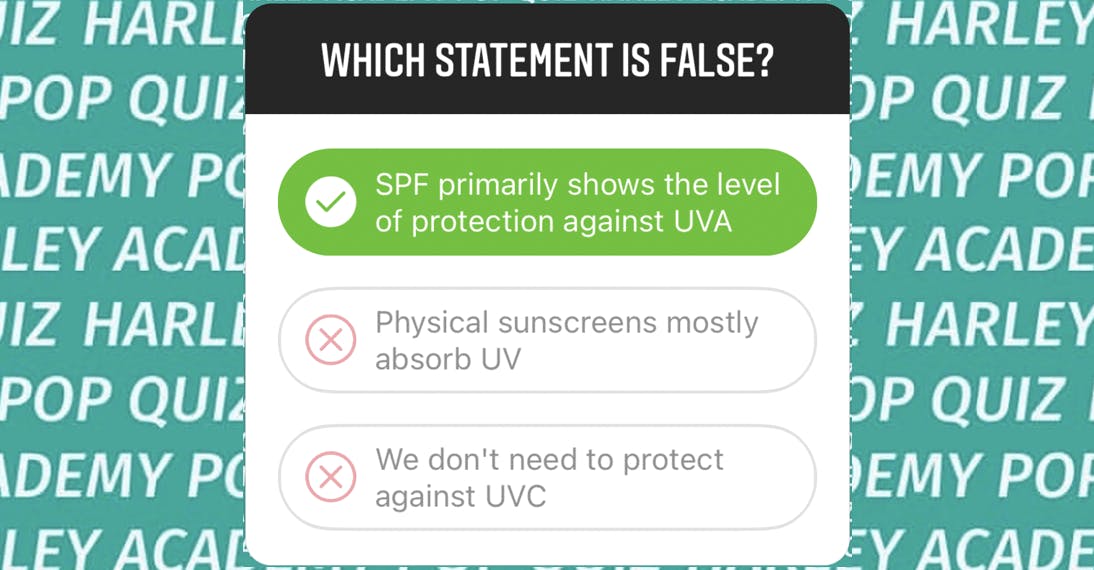
– SPF primarily shows the level of protection against UVA
– Physical sunscreens mostly absorb UV
– We don’t need to protect against UVC
The first statement – “SPF primarily shows the level of protection against UVA” – is false.
SPF protects against ultraviolet B radiation, better known as UVB. UVB is associated with skin burning, whereas UVA is linked to skin ageing. UVA in the UK is represented by a star rating, where 5 is the maximum and the higher the better.
The UK SPF ratings go from 2 to 50+. SPF can only be rated as a maximum of 50 or “50+” due to UK regulations, however, higher SPFs are available in other countries. This is generally in areas such as the USA where these products are not as tightly regulated as they are in the UK or, for example, Australia which currently has the strictest regulations in the world for sunscreen.
As above, SPF50 offers a high level of protection so this is what we advise recommending to patients.
Sunscreens tend to fall into one of two categories – physical sunscreen or chemical sunscreen – and you’ll find there is a lot of misinformation circulating about both!
Chemical sunscreens do not contain the active ingredients zinc oxide or titanium dioxide. Those that do are known as physical sunscreens. Each works by converting absorbed UV into heat, making the statement “physical sunscreens mostly absorb UV”, true.
There are other differences between physical and chemical sunscreens. You can find out more in this informative scientific video by Australian chemist and science educator, Michelle Wong – also known by her popular Instagram account handle LabMuffinBeautyScience.
UVC is the most harmful type of light radiation. The shorter the wavelength, the greater the damage. UVC has the shortest wavelength but is absorbed by the ozone layer. Therefore, the statement “we don’t need to protect against UVC” is also true.
SPF30 protects against up to 97% from photonic energy
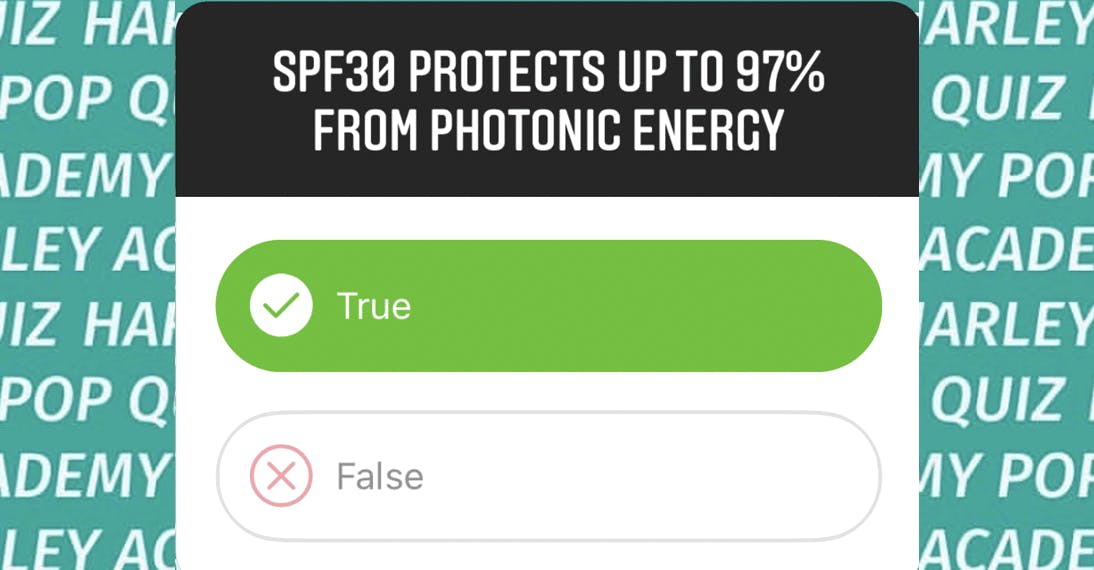
The answer is TRUE.
Solar photonic energy refers to the light emitted by the sun. SPF30 provides a 97 per cent protection rate. SPF30 is not, however, only 1 per cent less effective than SPF50 – another common misconception that has spread like wildfire!
In terms of UVB protection, SPF30 offers up to 97 per cent, whilst SPF50 provides up to 98 per cent. For further comparison, SPF15 offers 93 per cent.
However, when it comes to UVA rays SPF30 provides half the protection of SPF50.
This is why we always recommend patients use SPF50 daily, in the correct amounts and reapplied as directed.
We hope you’ve enjoyed our latest Pop Quiz! Follow Harley Academy on Instagram for more quick fire quizzes, soon!










